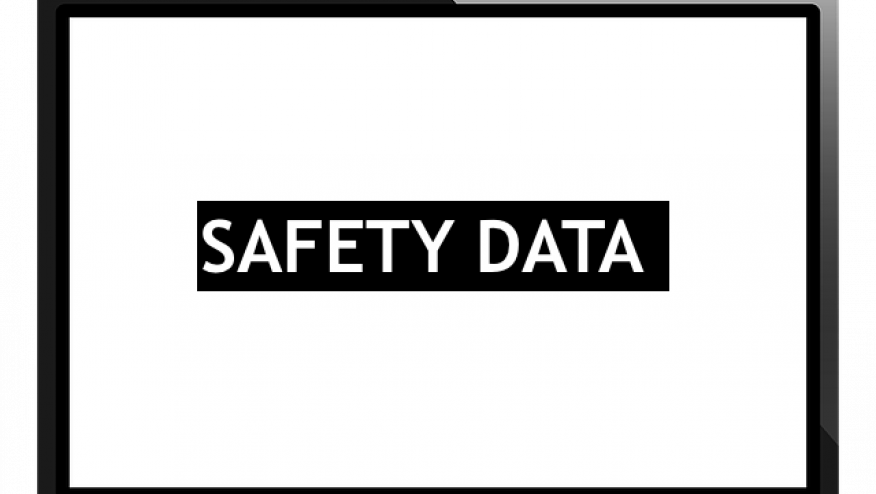The Safety of Rituximab and JAK Inhibitors with post-COVID Vaccination Save

The immunomodulatory properties of biological DMARDs (bDMARDs) or targeted synthetic (tsDMARDs) have naturally raised safety concerns from the perspective of infection, thus prompting careful evaluation in long-term extension studies and intensive post-marketing surveillance. Specifically, rituximab due to its effect on humoral immunity and JAK-inhibitor since the latter is commonly used to treat the most resistant patients and with multiple comorbidities.
This infection concern is further heightened during the COVID-19 pandemic. At the onset of the pandemic, data from the Global Rheumatology Alliance reported increased risk of poor severe COVID outcomes including deaths in patients who were treated with rituximab and baricitinib. With the vaccination program undertaken globally, has this risk been attenuated?
At this year’s EULAR 2022 Congress in Copenhagen, Prof Mease (OP0247) presented one of the largest cohort study to date using an electronic health record in the United States. The study comprised over 1 million people of which 5% had a diagnosis of immune mediated inflammatory diseases (IMID). They compared the outcomes between pre-Omicron and post-Omicron period using machine learning. Factors that consistently were associated with poor severe COVID outcomes (hospitalisation and deaths) were older age and comorbidities. A diagnosis of spondyloarthropathy (SpA) was protective. This is an interesting results since data from a population matched study in the British Columbia, Canada (OP0248) showed the opposite results, increased risk of poor severe COVID outcomes in SpA. In terms of therapy, data from Mease et al. showed a weak association with increased risk of poor severe COVID outcomes in rituximab- or baricitinib-treated patients pre-Omicron period. However, this risk was abated (i.e. no increased risk) post-Omicron follow-up.
The safety rituximab data above was supported by another prospective observational cohort study which included all rituximab-treated patients in a single centre (N=365). Dr Md Yusof et al. (OP0250) compared the rates of any COVID, severe COVID (hospitalisation or deaths) and any severe infection event (SIE). In this study, there was a high vaccination uptake: 93% were at least double-vaccinated and 5% were unvaccinated. There were 23 severe COVID cases recorded including 3 deaths during the 2.5 years follow-up. The overall rate of severe COVID was 2.7/100 patient-years (PY). The rate was lower (1.7/100 PY) pre-vaccination programme and could be contributed to the National Shielding Programme in the UK. Importantly, the results showed in the post-vaccination period (i.e. after December 2020), those who were vaccinated had much lower severe COVID outcomes compared to unvaccinated (3.2/100 PY vs 25.2/100 PY respectively). This overall severe COVID rate was lower/comparable to any SIE rate in this cohort, 5/100 PY. The authors then looked at predicted of severe COVID outcomes. Comorbidities and low IgG level (<6g/L) were associated with increased time-to-severe infection. The hazards was reduced by 50% with each vaccine dose received.
So, what do these data tell us?
Early data suggest increased poor outcomes in rituximab- and baricitinib-treated patients. Later in the pandemic, there have been less severe variants, increased use of vaccination, less social restriction and new therapies for COVID infection. In the later pandemic, COVID infection rate was high but severe infection was comparable to the SIE rate if vaccinated. Therefore, these therapies should not be discounted in vaccinated patients with severe IMID. Increased vigilance is needed in presence of older age, comorbidities and low IgG for all infection types and these patients should also be prioritised for pre-exposure prophylaxis.










If you are a health practitioner, you may Login/Register to comment.
Due to the nature of these comment forums, only health practitioners are allowed to comment at this time.